Cruelty on Campus: 10 Ways to Help Animals in University Laboratories
Without a doubt, there are no good laboratories for the animals imprisoned in them. Learn which university facilities are mutilating owls, sewing baby monkeys’ eyes shut, cutting into pigs, and more—then take action to help shut down this senseless cruelty.
1. Harvard University
Newborn baby monkeys at Harvard University are torn from their loving mothers’ arms. Some of these infants have their eyes sewn shut, while others are raised by experimenters wearing welding masks. In both cases, the terrified animals don’t see any human or monkey faces for an entire year, damaging their development. This is the work of Harvard experimenter Margaret Livingstone, who conducts these depraved sensory-deprivation experiments to tell us what we already know: Being confined to total darkness is damaging.
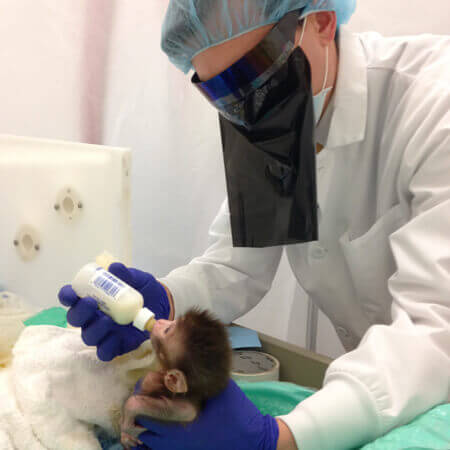
2. Oregon Health & Science University
Oregon Health & Science University (OHSU) is hooked on animal abuse, and it’s time for a serious intervention. University experimenters have given prairie voles the equivalent of 15 bottles of wine a day, and they’ve subjected monkeys to a plethora of abuse within the school’s primate research center. If that weren’t enough, PETA recently discovered that university doctors-in-training mutilate live pigs by using them as human stand-ins during obstetrics and gynecology residency training. They cut into live female pigs, dissect their organs, perform invasive surgeries on them, and then kill any survivors. OHSU apparently isn’t aware that humans and pigs have very different anatomies.
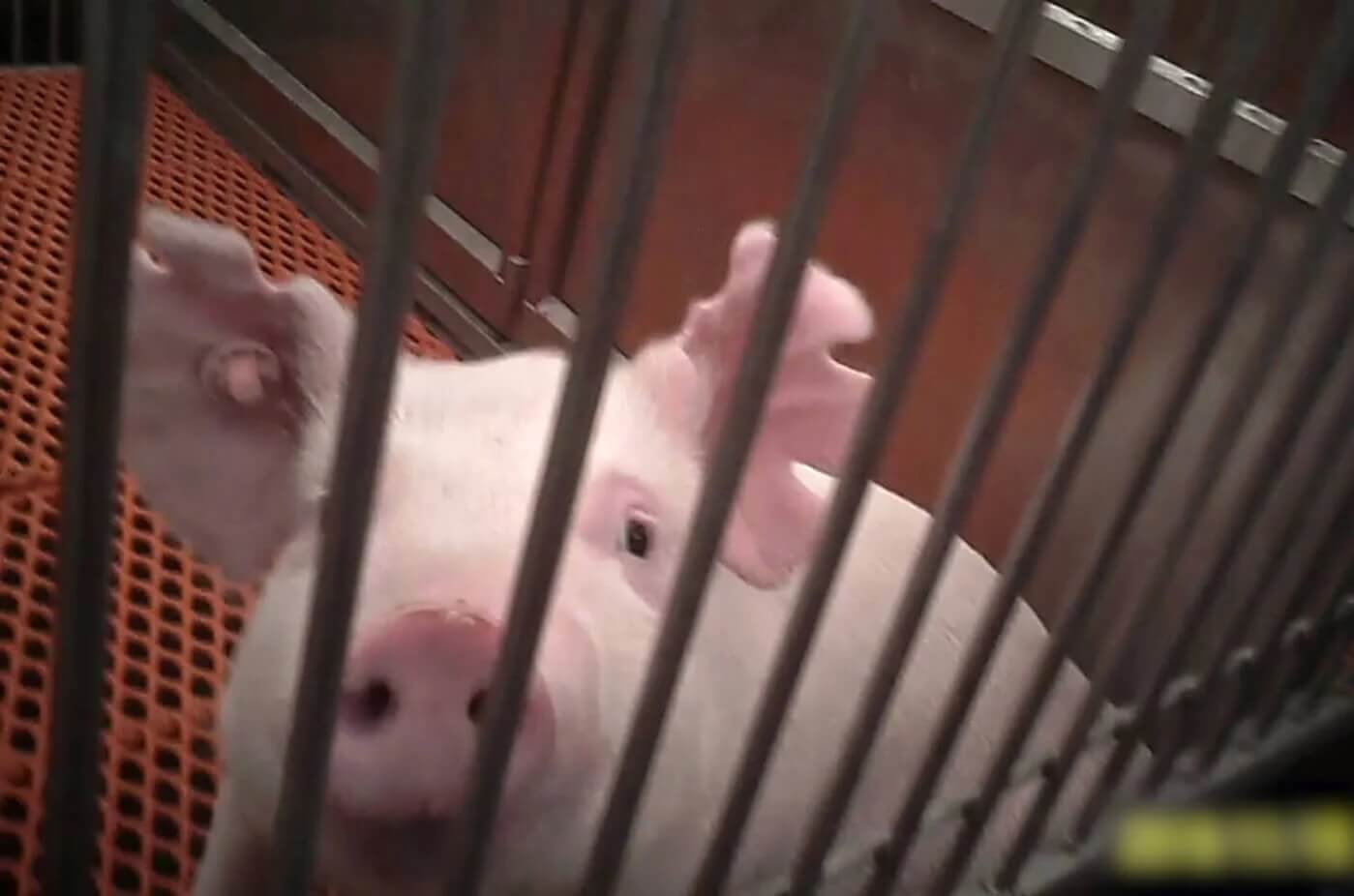
3. University of Massachusetts–Amherst
Tiny marmoset monkeys don’t experience menopause, yet experimenter Agnès Lacreuse at the University of Massachusetts–Amherst still zip-ties them into restraining devices, shoves them into plastic cylinders, and implants electrodes in their skulls in attempts to study age-related changes in human cognition. She removes the monkeys’ ovaries and uses hand warmers—yes, hard warmers—on these animals to mimic hot flashes. It’s no wonder that these experiments haven’t amounted to anything useful. The laboratory is only accomplished in doing two things without fail: killing delicate monkeys and racking up animal welfare violations.
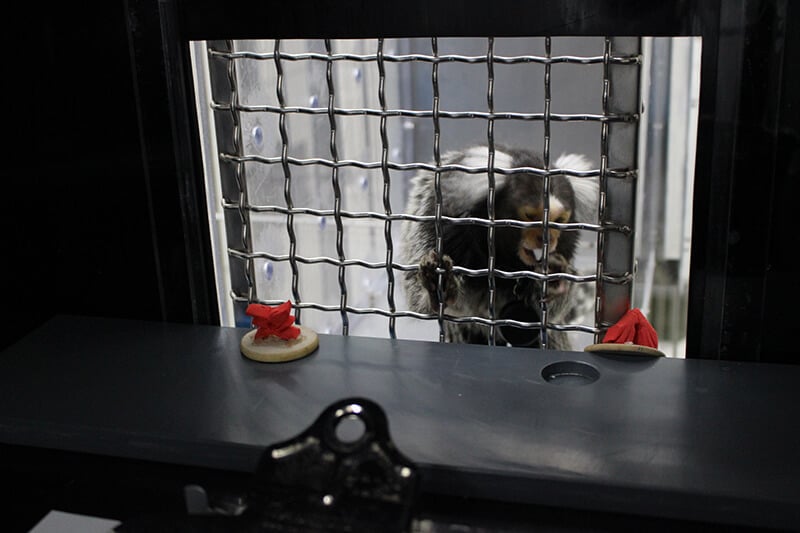
4. Louisiana State University
Birds “born” on the bayou may end up dead in a laboratory, thanks to Louisiana State University experimenter Christine Lattin. Fond of kidnapping and terrorizing wild birds, she conducts experiments that have included feeding crude oil to birds and starving sparrows. In her latest tests, she injects chemicals into sparrows’ heads to damage their brains. She then exposes them to various objects, such as cocktail umbrellas and pipe cleaners, to frighten them and record their reactions. After this torment, she kills them and chops up their brains.

5. University of Wisconsin–Madison
Newborn baby monkeys were torn from the arms of their panic-stricken mothers. Frustrated monkeys mutilated themselves compulsively and plucked themselves bald. Stressed animals were forced to live together in small cages, resulting in fights and injuries. Babies were starved, and their limbs were broken. Animals were killed due to staff negligence. This is a snapshot of life before experimentation for the thousands of monkeys trapped within the University of Wisconsin–Madison’s Wisconsin National Primate Research Center. If they survive these grisly conditions, they will then endure an array of painful procedures. As just one example, experimenters restrain monkeys and electroshock their penises until they ejaculate.
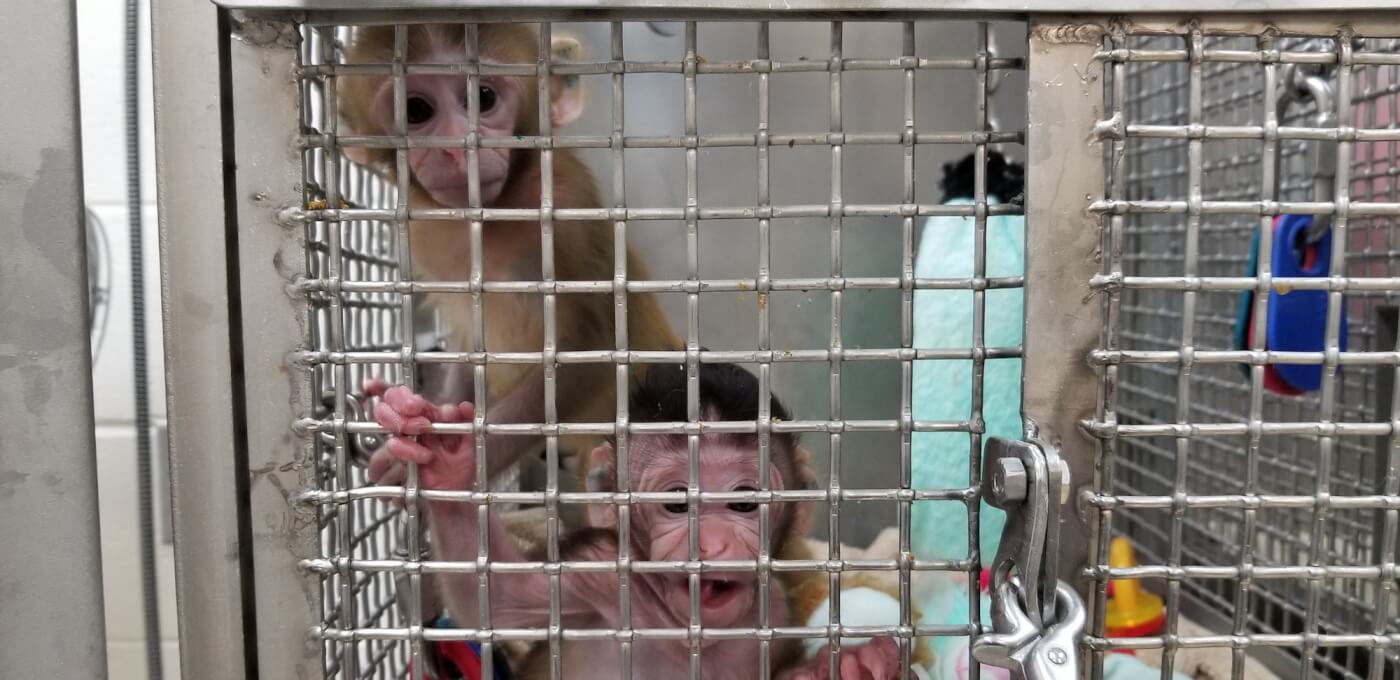
6. University of Washington
Cut from the same soiled cloth, the Washington National Primate Research Center at the University of Washington (UW) is yet another ghastly monkey prison with a long history of animal welfare violations. Monkeys have been strangled to death, died of thirst, been mauled by other stressed monkeys, and choked to death on their vomit. To add insult to injury, the center also has a facility dedicated to experimenting on baby monkeys. UW’s other laboratories are also rife with issues, having let animals starve, suffocate, and slowly bake to death under a heat lamp.
7. Johns Hopkins University
Johns Hopkins University experimenter Shreesh Mysore cuts into the skulls of barn owls, screws metal devices onto their heads, inserts electrodes into their brains, forces them to look at screens for hours a day, and bombards them with noises and lights. In some experiments, he restrains fully conscious owls for up to 12 hours in cramped plastic tubes that prevent them from moving. In the end, he kills them. Since owls are nothing like humans, these abominable experiments do nothing to further the understanding of human disorders.
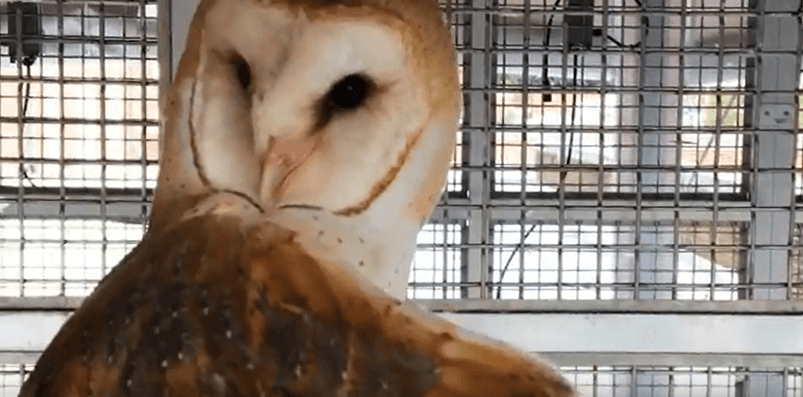
8. Utah State University
In a cruel Utah State University psychology course, rats are imprisoned inside barren metal boxes and blasted with random bursts of bright light while being trained to push a lever to receive food pellets. Although the course had previously used an effective and humane “online rat simulator,” the university made the backward decision to torment animals instead.
9. Simpson College
Simpson College in Iowa also imprisons rats inside tiny boxes. In a psychology course, students attempt to train them to push a lever to receive a drop of flavored water. After the course ends, the rats who don’t get adopted are killed.
“None of us really like talking about that too much,” Don Evans, Simpson’s chair of psychology, said publicly.
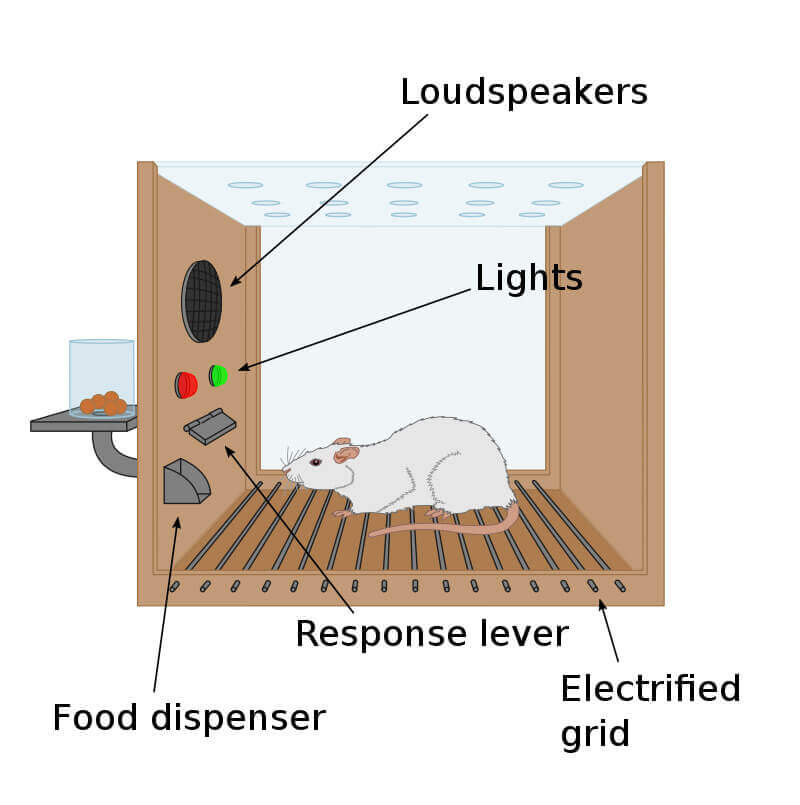
Yeah, don’t worry, we’ll do that for you. We’ll keep talking about this until the university ditches this cruel curriculum and switches to effective, non-animal methods.
10. Lackeys bankrolled by the U.S. Navy: Duke University, University of California–San Diego, University of Maryland–Baltimore, and University of South Florida
The U.S. Navy pays these four universities to do its dirty work and conduct sickening decompression experiments on animals. In tests at the University of California–San Diego and Duke University, experimenters force rats and mice to run on a treadmill and electroshock them if they can’t keep up. Experimenters also lock them inside pressure chambers and induce seizures in baby mice. At the University of Maryland–Baltimore, experimenters lock mice in decompression chambers, probe their rectums, drill into their skulls, and inject chemicals into their brains and eyes. At the University of South Florida, experimenters cut open rats and run wires through their bodies, induce seizures in them, and drill into their skulls. In the end, experimenters at all four universities kill the animals—sometimes by bleeding or gassing them to death.
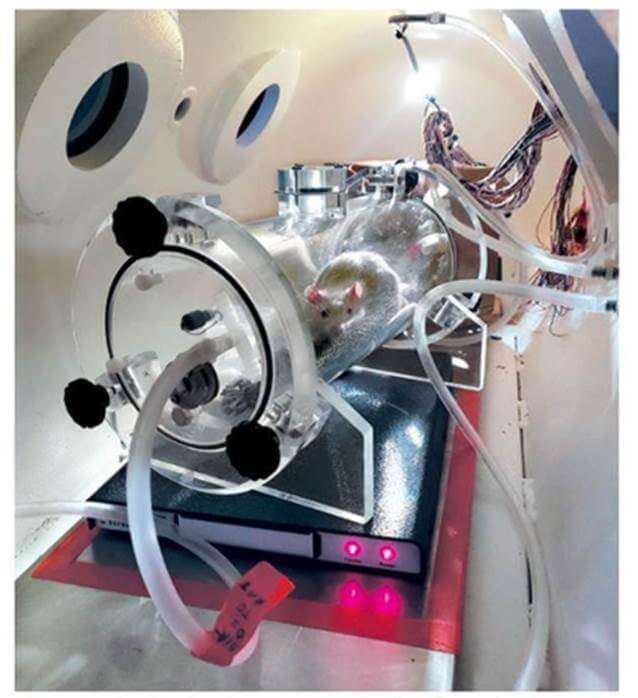
Looking to Do Even More?
PETA’s Research Modernization Deal is a comprehensive plan to phase out all animal experimentation in favor of modern, human-relevant methods. Please voice your support today.
From PETA and executive producer Bill Maher, the new docuseries ‘The Failed Experiment’ exposes what most people don’t know about experiments on animals.

